Special Reports
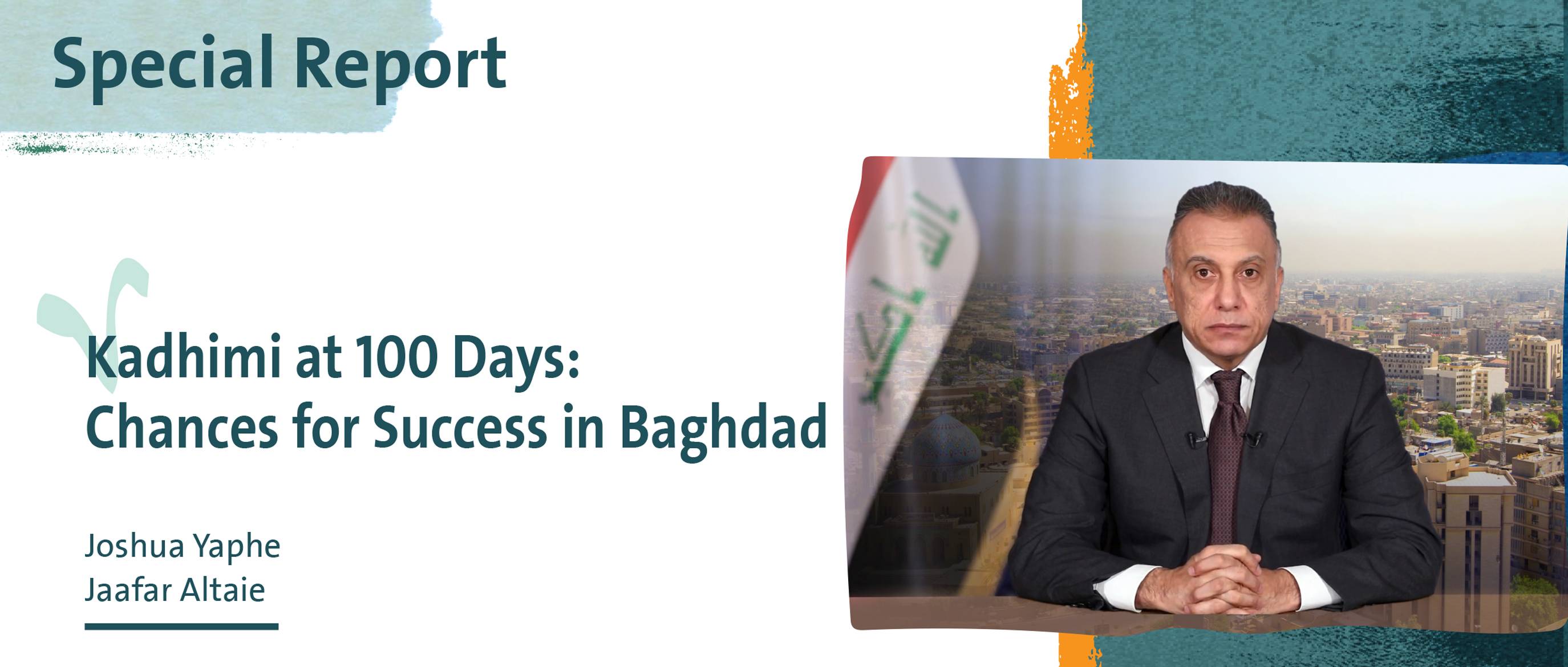
Number:
Author: By Joshua Yaphe and Jaafar Altaie
Iraqi Prime Minister Mustapha al-Kadhimi faces the same challenges that brought down his predecessor - street protests, a flagging economy and entrenched political elites. Numerous comentators are ready to write him off, and he is unlikely to overcome all of the country's problems before the next elections. However, given the political malaise in Baghdad, Kadhimi has a real chance of coming out ahead with a mandate for reform.
This report is available in Arabic only. Its English version has been published by National Council on U.S.-Arab Relations.
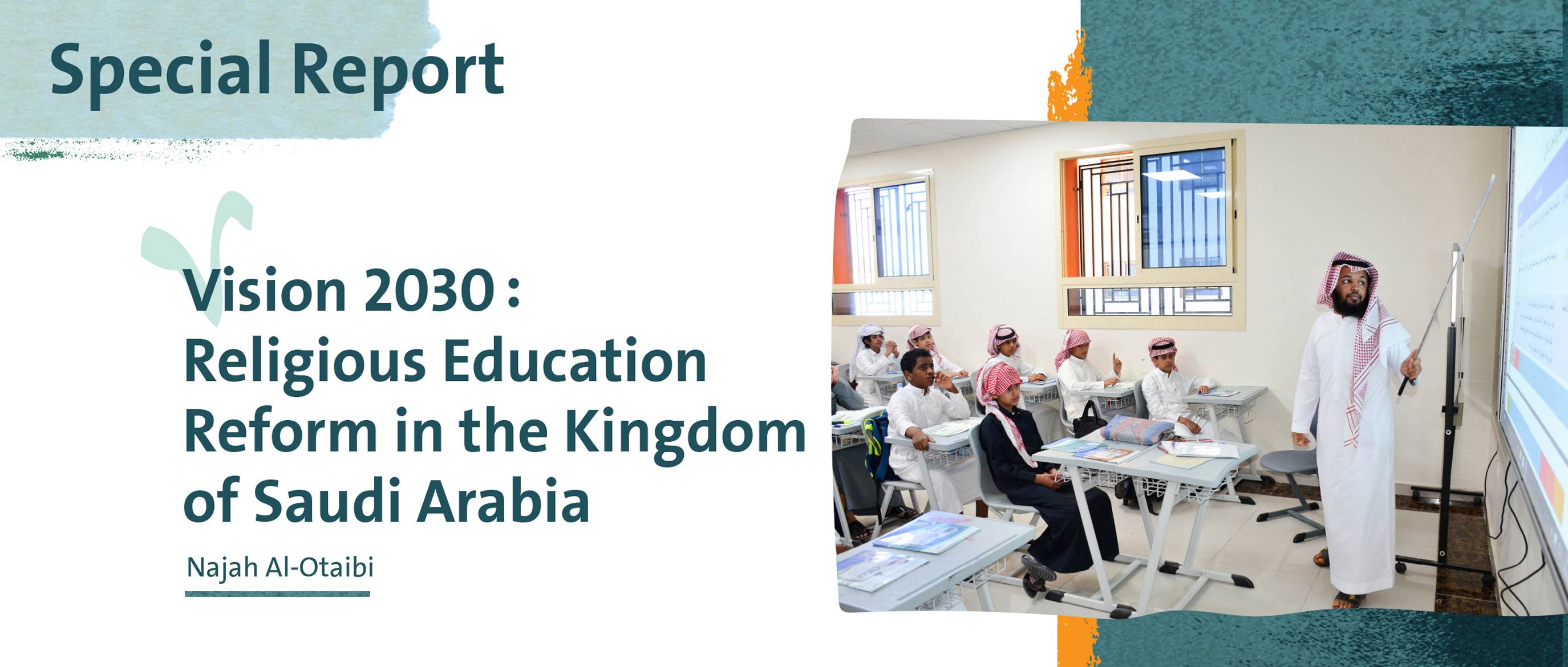
Number:
Author: Dr. Najah Al-Otaibi
This report examines Saudi Arabia’s current dual approach to reforming the education system. On the one hand, Riyadh is working to weed out extremist narratives directly by encouraging the religious establishment to adopt and promote a moderate interpretation of Islamic rhetoric. On the other hand, the government is working to introduce modern content to the curricula, such as science, philosophy, music, and Chinese language that will help the Kingdom to build a modern economy led by the private sector.
Under Vision 2030, reform of the education system was presented as the means of implementing economic reforms; this deliberat
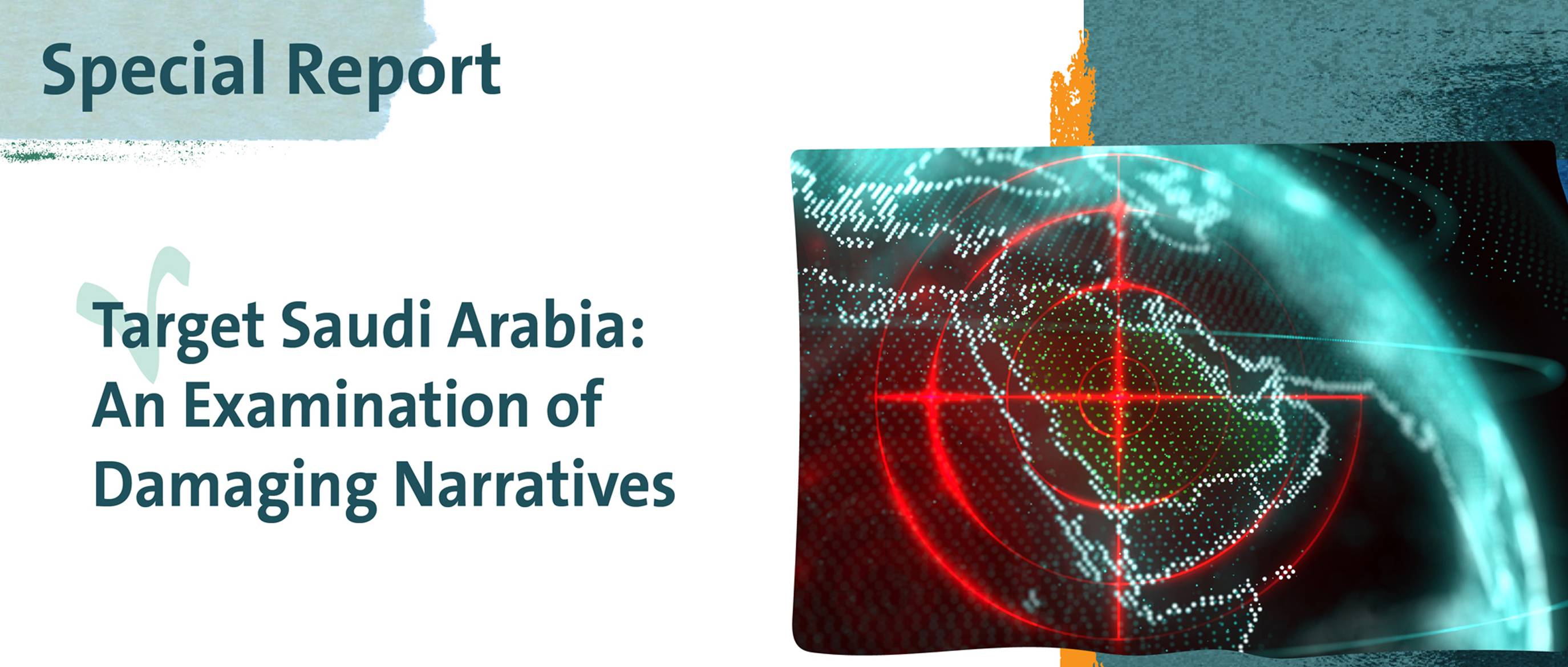
Number:
Author: Joseph A. Kéchichian
This brief study provides a broad examination of the negative assessments of Saudi Arabia published by several authors intrigued to explore, but never patient enough to understand, adjudicate, and empathize with the Saudi people. While not exhaustive, the research aims to identify problems, evaluates various arguments presented by four writers, and assesses the new political realities that confront the Kingdom. The five books selected for evaluation, by Pascal Menoret, Christine Ockrent, Jonathan Rugman, and Ben Hubbard, represent a fair and representative collection. Because recent books concentrate on Heir Apparent Muhammad bin Salman and the killing of Jamal Kha
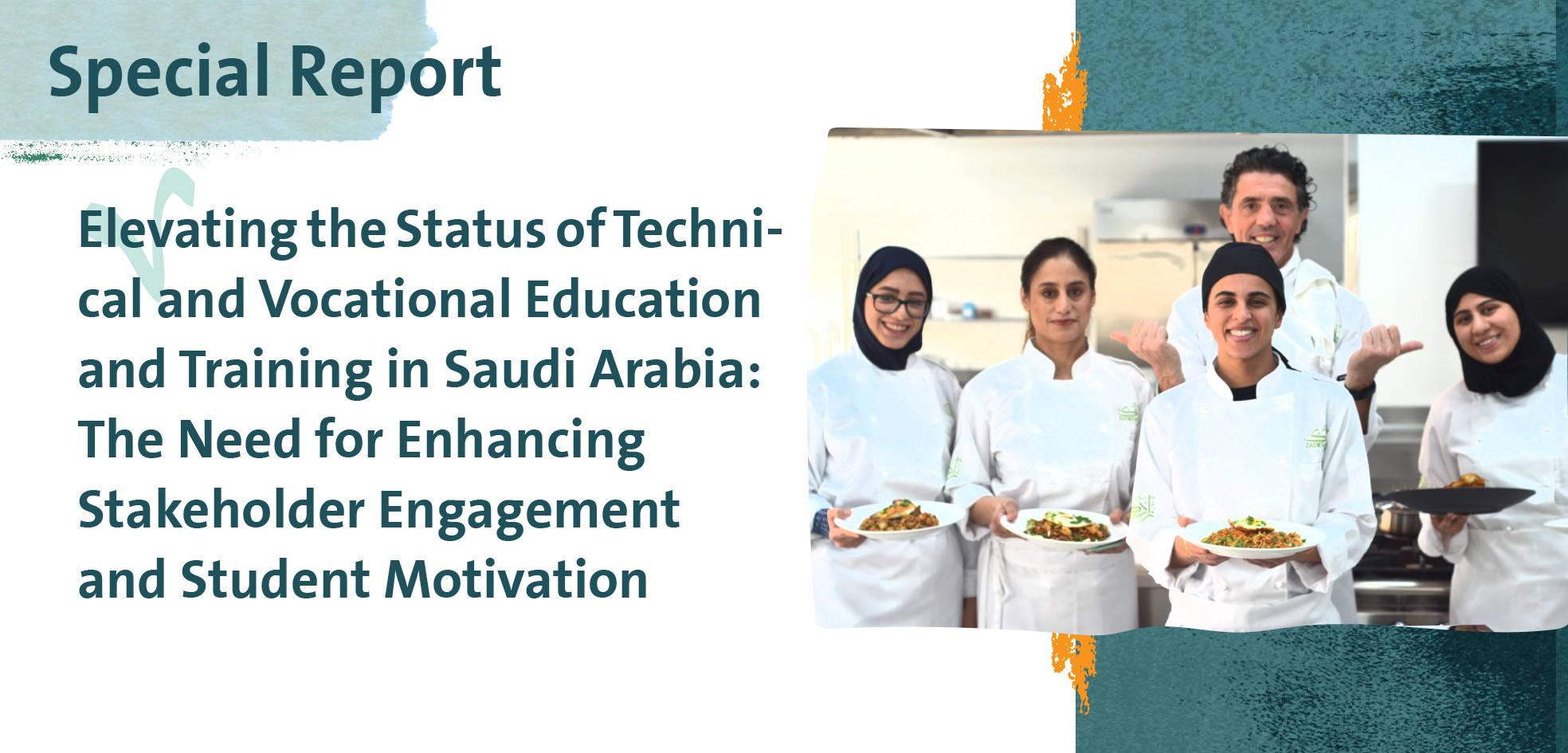
Number:
Author: Hanaa Almoaibed
This report suggests two approaches to elevate the status of TVET (technical and vocational education and training) in Saudi Arabia. First, toattract students both at the high school and postsecondary levels, TVET must be seen as a usefulfield of education that provides a pathway to employment. To bring about this transition, thequality of the TVET curricula must improve. In particular, the curriculum must better alignwith industry needs, which requires deeper stakeholder engagement. Second, to enhance theperformance of TVET students, effective strategies to improve student motivation must bedeveloped. Such strategies include the deployment of diverse performance indicators, withwhich stu
Number:
Author: Freddie Neve
This report analyzes Saudi Arabia’s response to the COVID-19 Pandemic up to late May 2020.
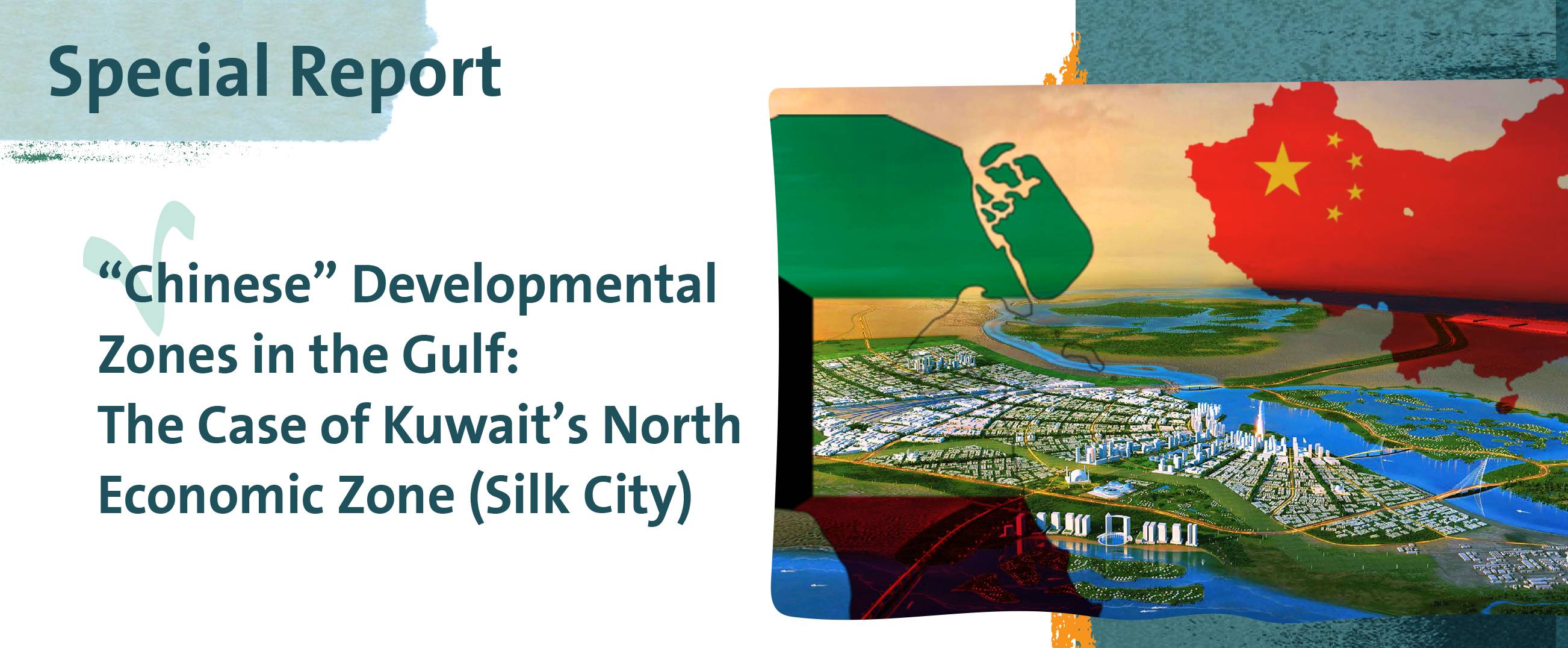
Number:
Author: Alanoud Alsabah & Mohammed Alsudairi
The report is the first in a series that will look at several China-linked park-port complexes in the GCC. This particular report investigates the historical origins, developmental trajectory, and current challenges facing the Silk City project in Kuwait. It is interested in gauging the extent to which Chinese actors – the state and economic entities -
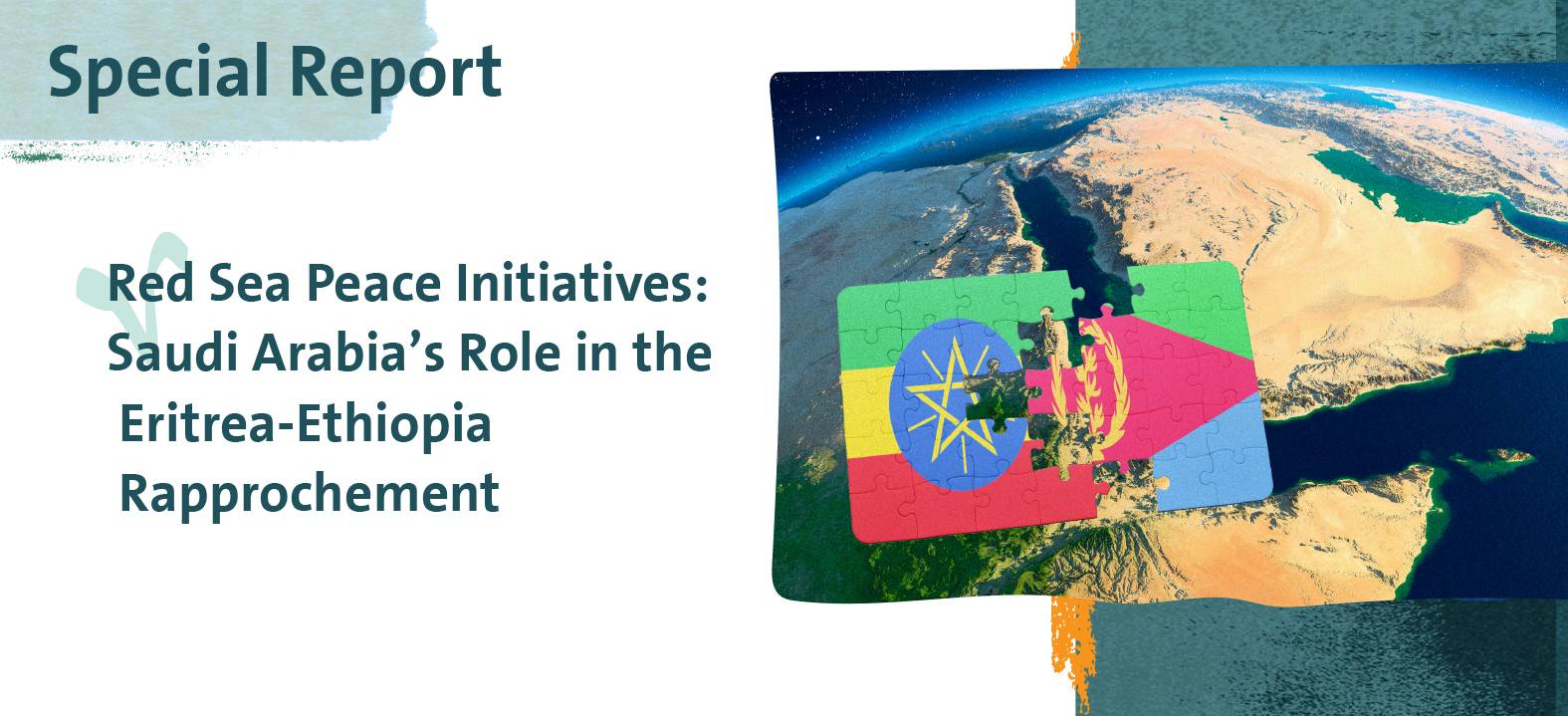
Number:
Author: Banafsheh Keynoush
In September 2018, the State of Eritrea and the Federal Democratic Republic of Ethiopia made a historic peace agreement that ended the twenty-year conflict between them. The agreement, otherwise known as the Jeddah Peace Pact, was finalized in the Kingdom of Saudi Arabia. Concluded through international diplomatic efforts led by the African Union, the United States of America, Saudi Arabia and the United Arab Emirates, the pact succeeded in restoring peace between Eritrea and Ethiopia despite the failure of all previous international mediatory efforts. To sustain and consolidate the peace between Eritrea and Ethiopia, the Kingdom initiated strategies t
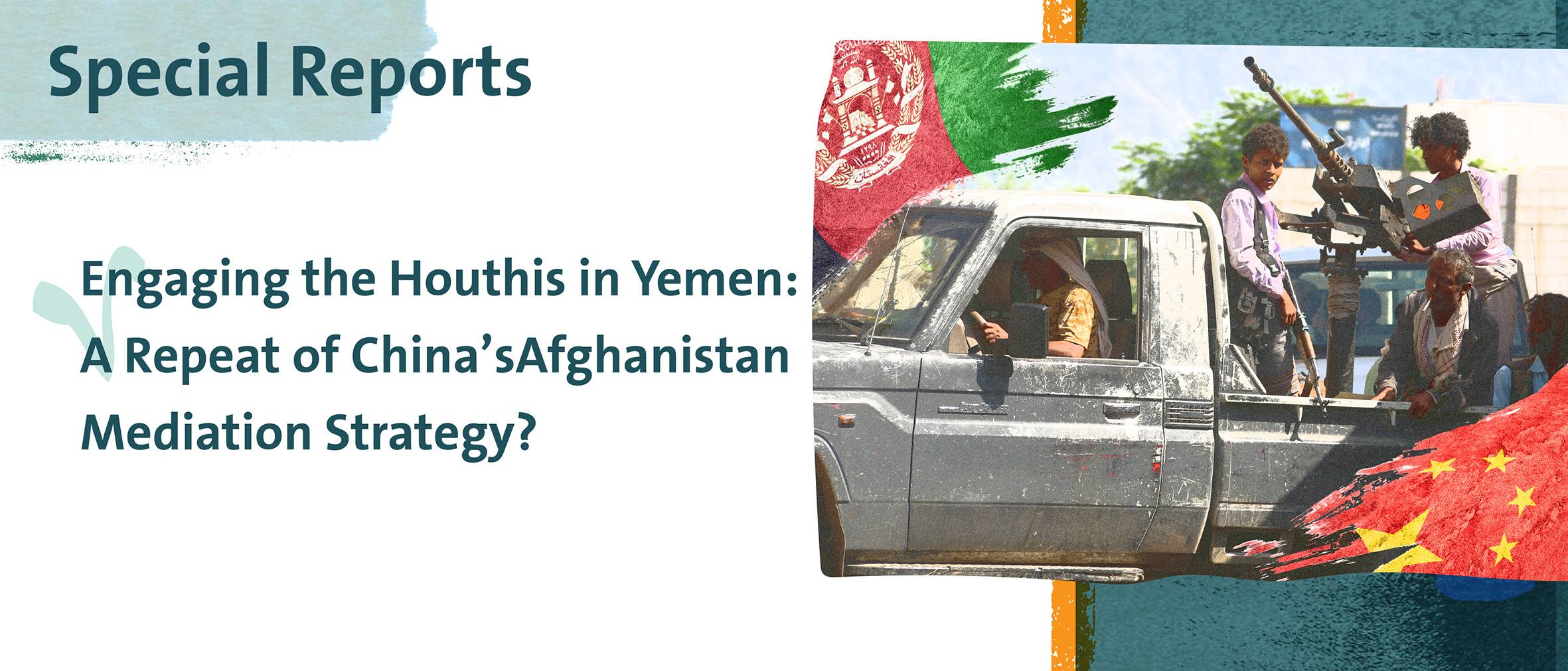
Number:
Author: Barbara Kelemen
This commentary provides an overview of China’s engagement with the Houthi movement over the past few years. It compares Beijing’s relationship with the Houthis to that of another armed non-state actor, the Taliban, with an eye towards identifying the trajectory this engagement might take. The commentary also considers how this relationship, in addition to the developments taking place in Sino-Saudi relations, are shaping Chinese mediation efforts in Yemen since 2015.
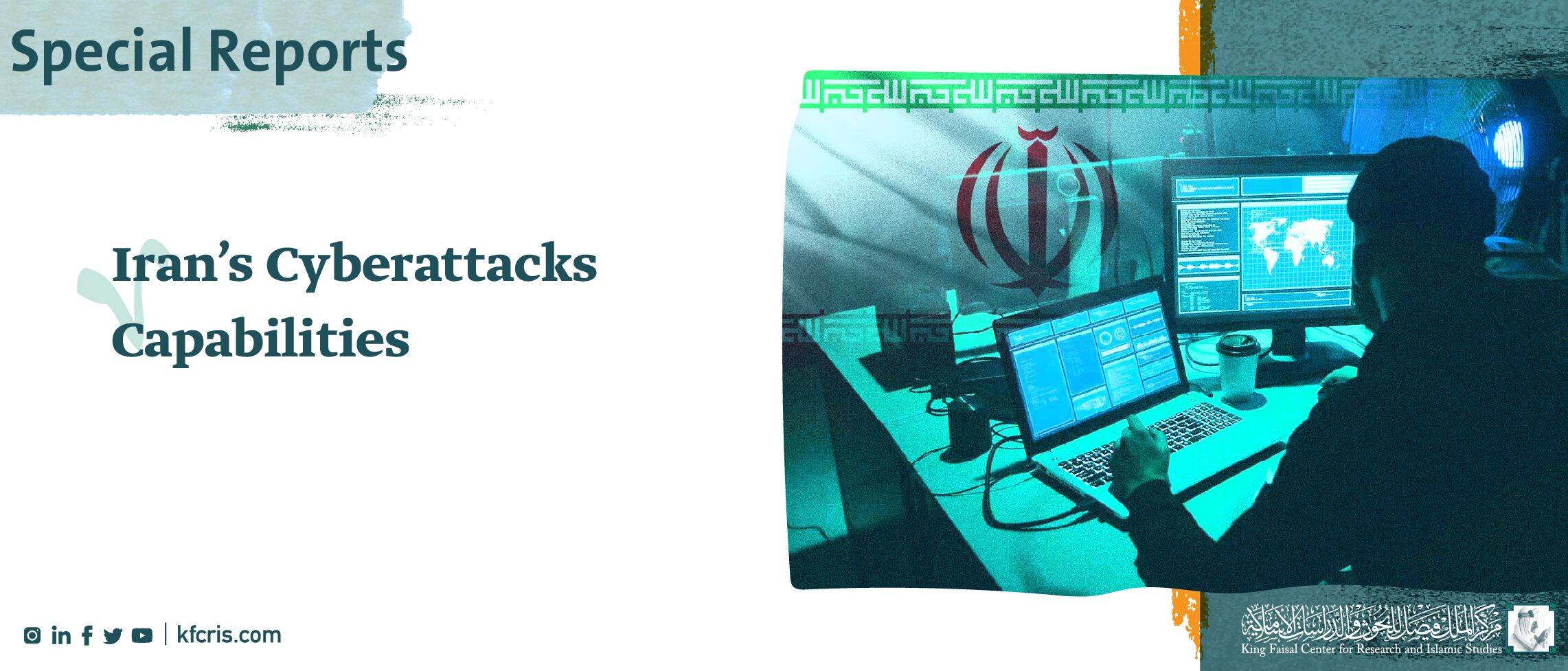
Number:
Author: .
Iran has a significant advantage in asymmetric military capabilities, which are based on terrorist agents and low-cost military technology. Although international sanctions have limited Iran’s ability to purchase or develop advanced technology in almost all sectors, it still has the basic electronic capacity to launch attacks on its opponents, which is also uses extensively for espionage and theft.
Iran has been the subject of many devastating cyberattacks in the past, so it has learned the value of having its own electronic capability. This enabled Iran to use “electronic repression” to confront the protests that spread across the Internet
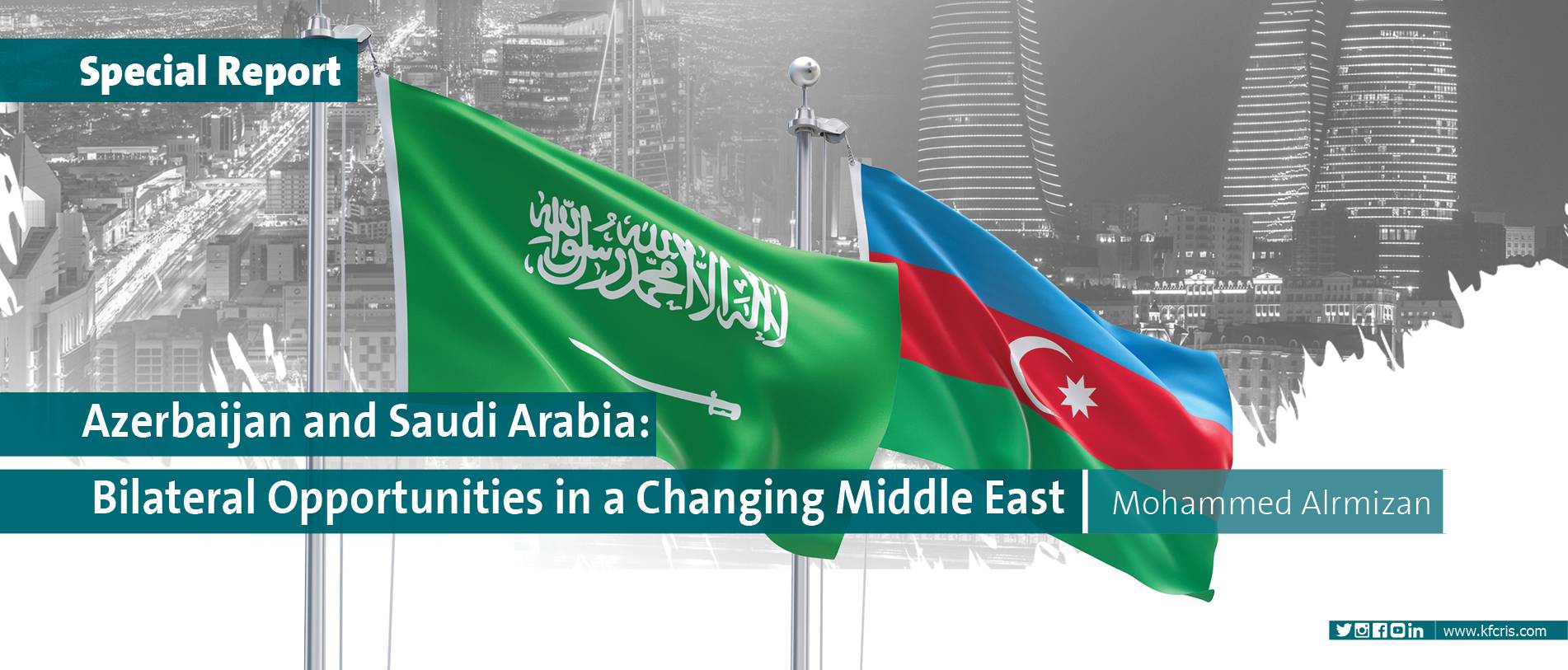
Number:
Author: Mohammed Alrmizan
This report outlines the Azerbaijani-Saudi relationship from historical, economic and recent perspectives and developments like recent military agreements, economic exchanges, trade, and tourism while considering regional and international challenge issues in the Middle East. At first, the report briefs on the historical aspect of the Republic of Azerbaijan and Kingdom of Saudi Arabia and their mutual and bilateral relationship. Second, it focuses on economic values between Azerbaijan and Saudi Arabia, and the Gulf Cooperation Council (GCC) in terms of trade and tourism. Third, the report provides some analysis on regional and international implication



